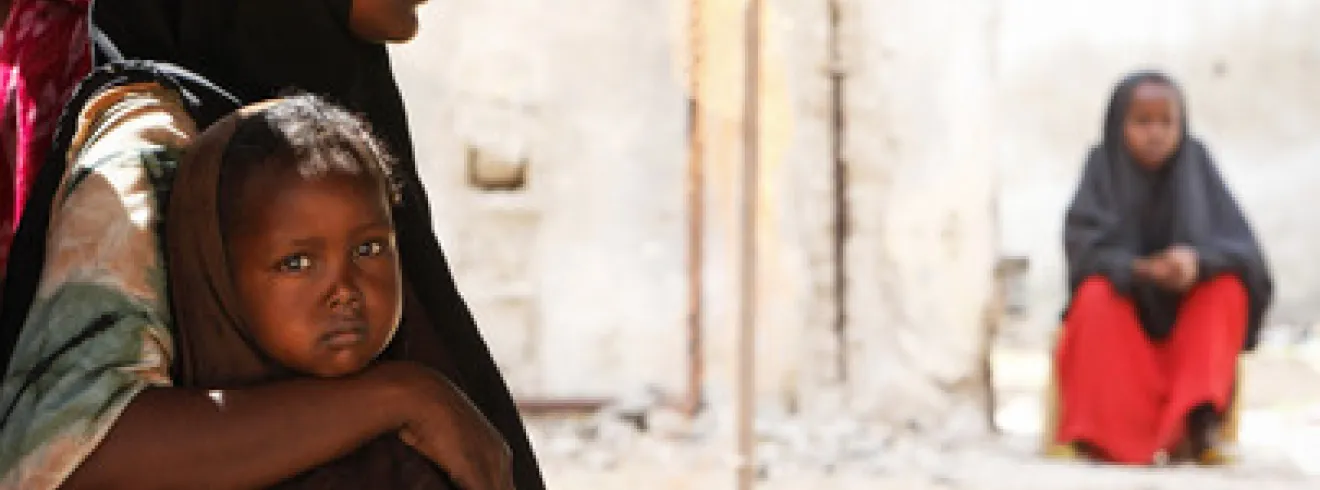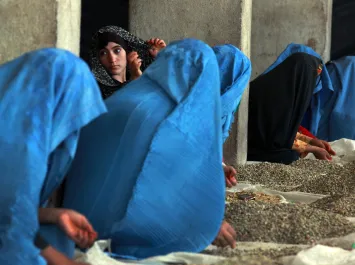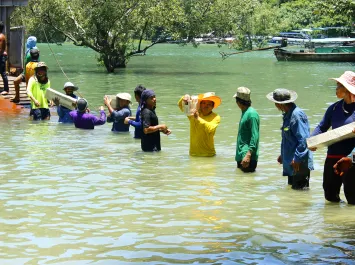
Promoting the rule of law, access to justice, and gender equality are key to enabling the development of just, equitable societies and the protection of human rights, both in conflict and in peace. Addressing challenges to the rule of law and providing access to justice for all is not only fundamental to tackling crime and building security, it also ensures institutional and individual protections of people’s rights, especially those who are vulnerable or marginalized.
UNICRI works to strengthen access to fair criminal justice administration systems and institutional accountability to advance equitable and accountable justice. Population groups who experience multiple risk factors, such as marginalisation, lack of access to resources, and gender violence, are core beneficiaries.
The key areas of UNICRI’s work will include:
- Women and access to justice systems
- Vulnerable populations in fragile, conflict, and climate insecure areas
- Criminal law and justice education
UNICRI works through Member States and partners to strengthen and reform judicial, legal, and security systems as they relate to women and girls’ access to justice and gender equality. This recognizes the impact of the justice gap on the lives and rights of women and girls and provides further momentum to the vision of the Agenda 2030 on justice for women.
The Institute continues its work with relevant justice institutions and authorities, such as the judiciary, police, security forces, and corrections, on the tools, policy, and legal mechanisms that support strong, fair, and accountable justice systems. Given the susceptibility of certain individuals and population groups to victimization and exploitation in fragile and conflict-prone zones, UNICRI continues its justice work in these contexts, advising Member States on how to better protect at-risk groups.
The aggravating impacts of climate change on instability, conflict, and security also remain at the forefront of UNICRI’s work. This includes the role of climate insecurity as a threat multiplier capable of exacerbating existing vulnerabilities and producing distinctive and increased risks related to transnational crime and human rights.


